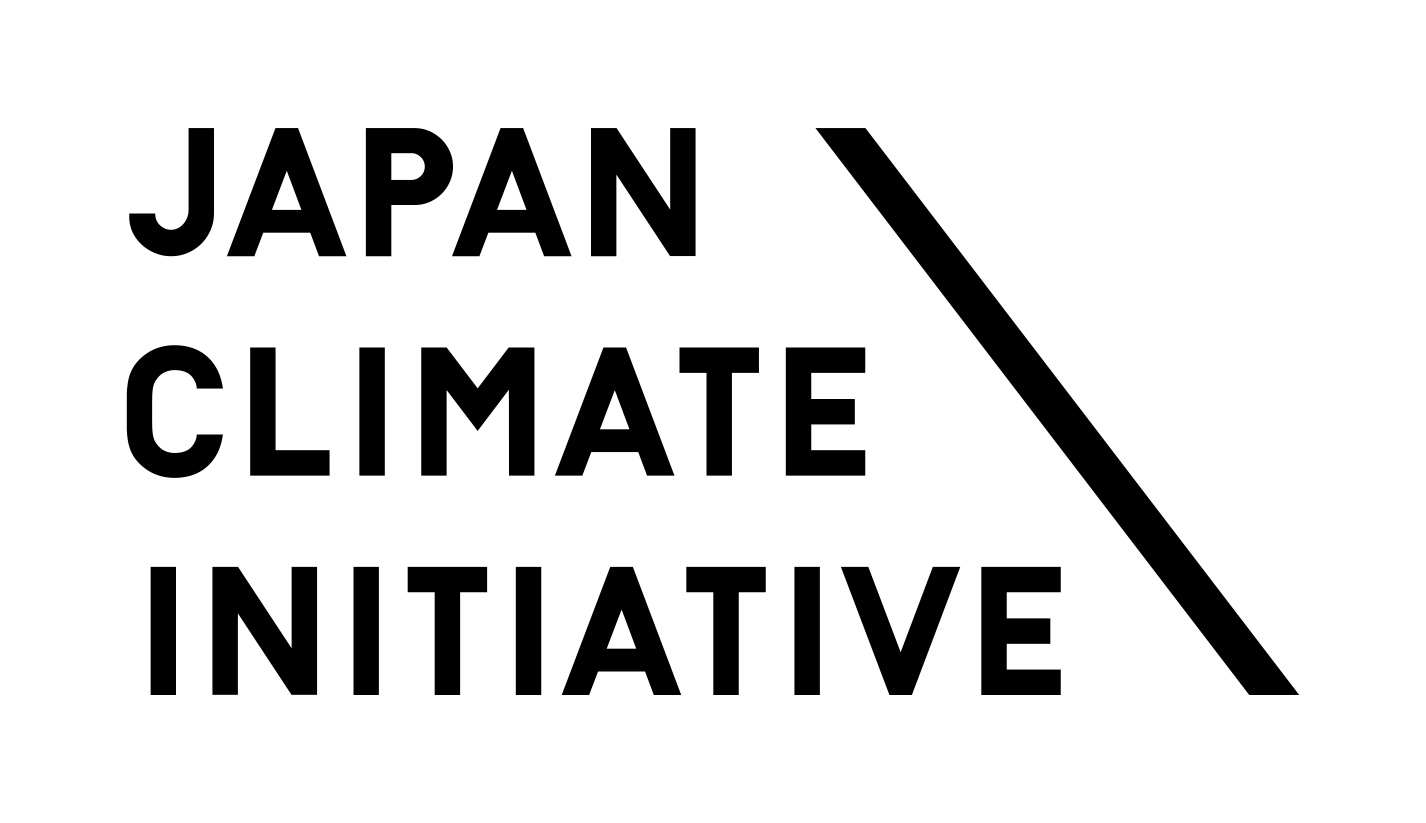External Evaluation and Certifications Supported Initiatives
Signing of PRI
The Principles for Responsible Investment ("PRI") comprises an international network of investor signatories that works to realize the Six Principles established for the finance industry in 2006 under the leadership of the then United Nations Secretary-General, Kofi Annan. This network is promoted through the United Nations Environment Programme ("UNEP") and the United Nations Global Compact ("UNGC").
PRI encourages the incorporation of Environment, Social and Governance issues into investment decision-making processes, with the aim to help companies enhance long-term investment performance and better fulfill their fiduciary duty. As of March 2019, approximately 2,300 institutions, representing more than US$86 trillion in assets under management, have signed on to PRI.
MJIA agreed with the basic approach of PRI and became a signatory in March 2020.
<The Six Principles>
- Principle 1: We will incorporate ESG issues into investment analysis and decision-making processes.
- Principle 2: We will be active owners and incorporate ESG issues into our ownership policies and practices.
- Principle 3: We will seek appropriate disclosure on ESG issues by the entities in which we invest.
- Principle 4: We will promote acceptance and implementation of the Principles within the investment industry.
- Principle 5: We will work together to enhance our effectiveness in implementing the Principles.
- Principle 6: We will each report on our activities and progress towards implementing the Principles.

Supporting the TCFD Recommendations
TCFD (Task Force on Climate-Related Financial Disclosures) was established by the Financial Stability Board (FSB) to consider how to disclose climate-related information and respond to financial institutions.
In its final report in June 2017, TCFD published recommendations to identify and recommend public disclosures about the financial consequences of climate change for companies and other entities.
In December 2021, MJIA announced its suppose for the recommendation of the TCFD and joined TCFD Consortium, a group of domestic companies that support TCFD recommendation.
The Investment Corporation also recognizes that the risks and opportunities related to climate change have an impact on its business, and will respond to these risks and further promote the disclosure of information.


Please refer to”Climate Change Initiatives” for details.
Membership in the TNFD Forum
The Taskforce on Nature-related Financial Disclosures (TNFD),
established in 2021 following TCFD, is a global initiative
aimed at developing a framework for organizations to disclose
risks and opportunities related to nature, including natural
capital and biodiversity.
TNFD aims to reverse the flow of finance that degrades nature
and to contribute to the restoration of biodiversity.
In alignment with TNFD’s mission, MJIA joined the TNFD Forum
in June 2025 to support its activities.

Joining the 30 by 30 Alliance for Biodiversity
30 by 30 is an initiative to halt the loss of biodiversity and
put it on a recovery track (nature positive) by 2030.
The goal is to effectively conserve at least 30% of land and
sea as healthy ecosystems by 2030.
In April 2022, an alliance of volunteers formed to promote
efforts to achieve this goal, is known as the 30 by 30
Alliance for Biodiversity.
In alignment with the objectives of the alliance, MJIA joined
in May 2025.

Obtaining of SBTi Approval
SBT is GHG emission reduction targets based on scientific
evidence certified by “Science Based Targets initiative
(SBTi)”, which is an international initiative jointly run by
CDP, United Nations Global Compact (UNGC), World Resources
Institute (WRI) and World Wide Fund for Nature (WWF). In SBT,
GHG emission levels set by Paris Agreement (which aims to curb
global temperature rise to well-below 2℃ above pre-industrial
levels and pursuing effort to limit warming to 1.5℃) is
required.
As a strategy based on the TCFD recommendations, MEL has
formulated roadmap for reducing GHG emissions.
While clearly stating its goal of net-zero GHG emissions by
FY2050 in this roadmap, MEL established new KPI as set forth
below to achieve science-based emission reductions and this
KPI has been certified for SBT (Near-Term Targets・Net-Zero
Targets) .
This table can be scrolled sideways.
| Target | Scope of coverage | Base year | Target year | GHG emission reduction targets |
|---|---|---|---|---|
| Near-Term | Scope1+2 | FY 2021 | FY 2030 | 42% reduction |
| Net-Zero | Scope1+2+3 | FY 2021 | FY 2050 | Net-Zero(90% or more reduction) |

For more details, please refer to: Environmental Policy and Goals
Signing Principles for Financial Action for the 21st Century
The Principles for Financial Action for the 21st Century were
established as a set of action guidelines for financial
institutions that wish to fulfill the responsibilities and
roles required of them to build a sustainable society.
Signatory financial institutions are expected to implement the
seven principles to the maximum extent possible as they apply
to their specific business activities.
Visit the website below for details.
https://pfa21.jp/
MJIA agrees with the basic approach of these principles and
signed on to these principles in November 2023.

Financial Behavior Principles for the Formation of a Sustainable Society (The Seven Principles)
|
Principle 1 Basic posture |
Recognizing the responsibilities and roles that financial institutions themselves play for the formation of a sustainable society, we will take the initiative in implementing best practices through our businesses, aiming to create positive impacts on the environment, society and economy, and mitigate negative impacts. |
|---|---|
|
Principle 2 Contribution to a sustainable global society |
We will lead the formation of a sustainable global society by developing and providing financial products and services that contribute to the creation and development of industries and businesses through innovation, toward steady and fair transitions in society. |
|
Principle 3 Contribution to the formation of sustainable communities |
We will support the solution of environmental, social and economic issues based on regional characteristics, and lead the formation of sustainable local communities by improving the inclusiveness and resilience of the region. |
|
Principle 4 Human resource development |
We will recognize the importance of human capital in financial institutions, and develop human resources who can think for themselves and take action on environmental and social issues. |
|
Principle 5 Collaboration with various stakeholders |
Recognizing the importance of cooperation among various stakeholders, including financial institutions, in order to form a sustainable society, we will not only participate in such efforts but also play an active role. |
|
Principle 6 Building a sustainable supply chain |
We will actively address environmental issues such as global warming and biodiversity and social issues such as human rights, and build a sustainable supply chain through constructive engagement with business partners including investees and borrowers. |
|
Principle 7 Information disclosure |
Recognizing that activities to enhance the sustainability of society are management issues, we will disclose our efforts to a wide range of stakeholders and make constant improvements based on domestic and international trends and disclosure frameworks. |
Participation in UNGC
UNGC is a voluntary, global initiative supporting a global framework for sustainable growth through the demonstration of creative, responsible leadership by the respective corporations and organizations as principled members of society.
First proposed in 1999 by the then United Nations Secretary-General Kofi Annan, participants currently number more than 13,000 organizations and companies based in 160 countries (as of July 2018). It engages in activities based on ten universally-accepted principles in the four areas of human rights, labor, environment, and anti-corruption.
Mitsubishi Estate Co., Ltd. became a signatory of the UNGC and Mitsubishi Estate Group was registered as participants in April 2018. Along with this, Asset Management Company has participated in this initiative as a member of Mitsubishi Estate Group.

Participation in JCI
The Japan Climate Initiative (JCI) is a network committed to strengthening communication and exchange of strategies and solutions among non-state actors such as Japanese domestic companies, local governments, and NGOs that are actively working to address climate change.
The JCI pledges to voluntarily accelerate energy efficiency and use of renewable energy toward the realization of the decarbonized society envisioned by the Paris Agreement, and to strengthen efforts to contribute to the realization of net-zero carbon emissions by 2050.
MJIA joined the JCI in September 2022 in support of this proactive approach to the realization of a decarbonized society.

